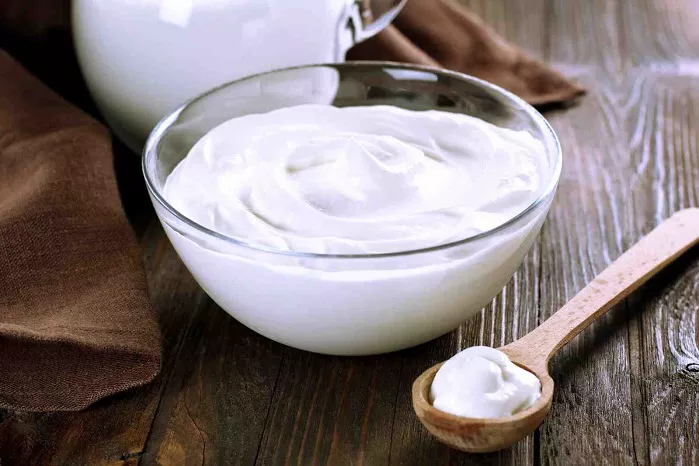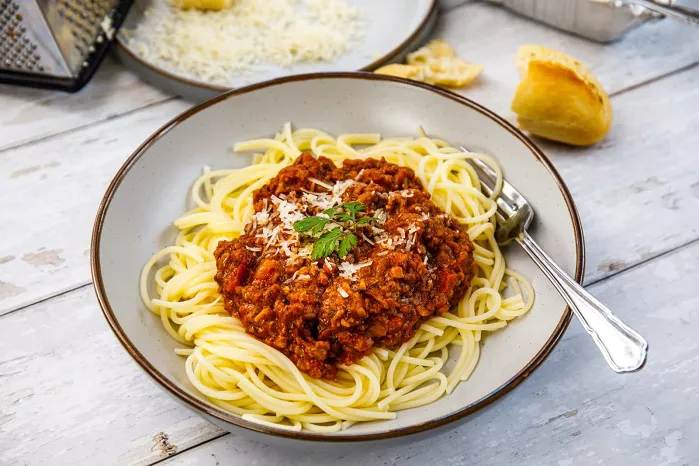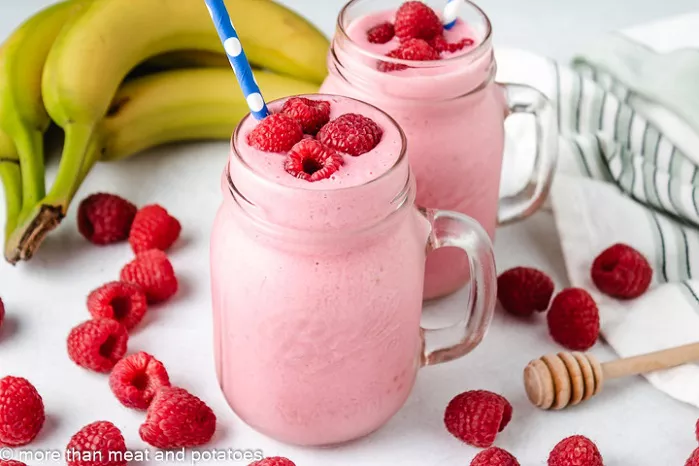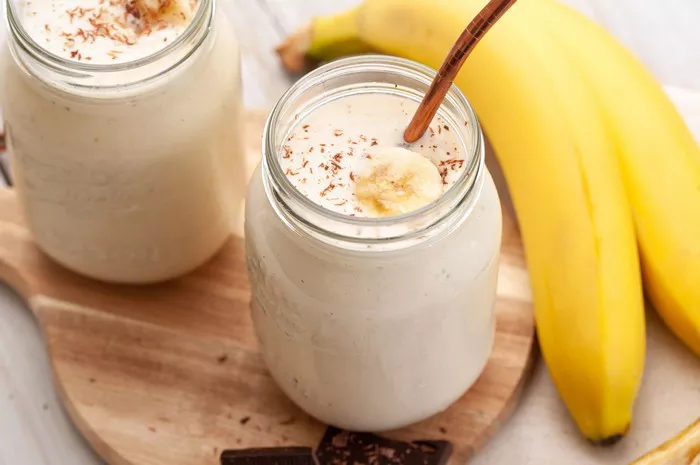Chronic inflammation is linked to various health issues, including heart disease, diabetes, and autoimmune disorders. While some level of inflammation is a natural response to injury or infection, certain foods can exacerbate chronic inflammation when consumed in excess. In this article, we’ll explore the worst foods for inflammation and provide insights into making healthier dietary choices to reduce inflammation in the body.
1. Sugary and Processed Foods
Added Sugars: Foods and beverages high in added sugars, such as soda, candy, and sugary cereals, can lead to inflammation and insulin resistance. These foods cause rapid spikes and crashes in blood sugar levels.
Processed Snacks: Highly processed snacks like chips, crackers, and cookies often contain trans fats, refined carbohydrates, and excess sodium, all of which can promote inflammation when consumed regularly.
2. Trans Fats and Fried Foods
Trans Fats: Trans fats, commonly found in partially hydrogenated oils used in fried and processed foods, are known to trigger inflammation and increase the risk of heart disease. Avoid foods with “partially hydrogenated oil” in the ingredients list.
Fried Foods: Fried foods like French fries, fried chicken, and doughnuts are typically high in unhealthy trans fats and should be limited in an anti-inflammatory diet.
3. Refined Grains
White Bread and Pasta: Refined grains like white bread, white rice, and regular pasta have had their fiber-rich outer layers removed, leaving mostly starch. These can lead to rapid spikes in blood sugar and contribute to inflammation.
Pastries and Baked Goods: Pastries, muffins, and other baked goods made with refined grains and added sugars can be pro-inflammatory due to their high glycemic index.
4. High-Sodium Foods
Processed Meats: Processed meats such as bacon, sausages, and deli meats are not only high in unhealthy saturated fats but also loaded with sodium. Excessive sodium intake can lead to inflammation and contribute to high blood pressure.
Canned Soups and Sauces: Many canned soups and sauces are laden with sodium to enhance flavor and shelf life. Opt for low-sodium or homemade alternatives.
5. Saturated and Trans Fats
Red Meat: While lean cuts of red meat can be part of a balanced diet, excessive consumption of fatty cuts and processed meats has been associated with inflammation due to their saturated fat content.
Full-Fat Dairy: Dairy products high in saturated fats, such as whole milk and cheese, may contribute to inflammation. Consider lower-fat or dairy-free alternatives.
6. Excessive Alcohol
Alcohol: Excessive alcohol consumption can trigger inflammation and damage the liver. Moderation is key; limit alcohol intake to recommended guidelines.
7. Artificial Additives
Artificial Additives: Some artificial additives like aspartame and monosodium glutamate (MSG) have been linked to inflammation and may trigger adverse reactions in sensitive individuals. Check food labels for these additives and limit their consumption.
Conclusion:
To reduce chronic inflammation in the body, it’s essential to minimize or avoid the worst foods for inflammation. Instead, focus on an anti-inflammatory diet rich in fruits, vegetables, whole grains, lean proteins, and healthy fats like those found in fish, nuts, and olive oil. By making informed dietary choices, you can promote better health and well-being while reducing the risk of chronic inflammatory conditions.






















